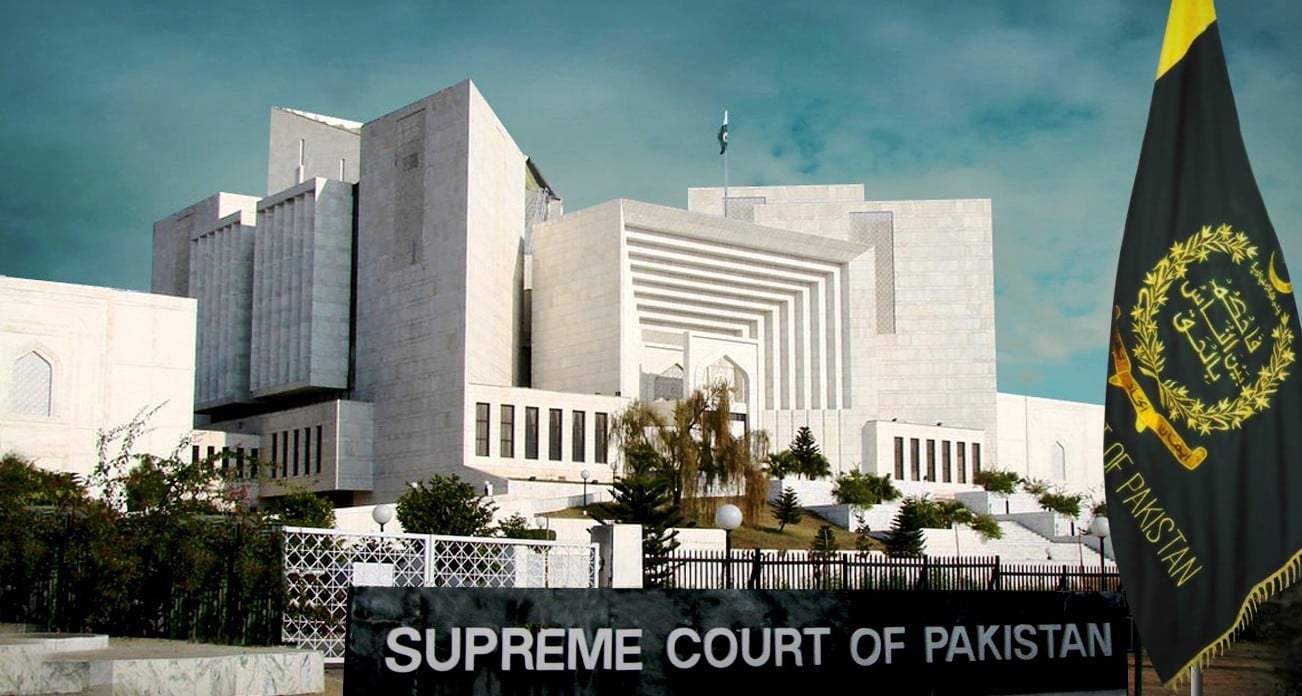Justice Salahuddin Panhwar: Supreme Court Verdict on Reserved Seats
The Supreme Court's verdict has sparked a strong reaction from the PTI, with the party vowing to challenge the decision and protest against the perceived injustice. As the political landscape of Pakistan continues to evolve, the implications of this verdict will be closely watched by all stakeholders. The decision is expected to have a significant impact on the balance of power in the national and provincial assemblies.

The Supreme Court of Pakistan has overturned its July 12 ruling on reserved seats, allowing review petitions and reinstating the Peshawar High Court's March 12 decision, resulting in the Pakistan Tehreek-e-Insaf (PTI) losing its reserved seats to the government coalition.
A 10-member bench, with a majority of seven judges, accepted review petitions and declared the July 12 verdict null and void, upholding the Peshawar High Court's ruling. This decision will lead to the transfer of 22 National Assembly seats and 55 Provincial Assembly seats to the government alliance. The PTI had contested the elections and received votes under the banner of Imran Khan, arguing that it was entitled to receive 78 reserved seats.
However, the Supreme Court rejected the PTI's claims, stating that the party was not eligible for the reserved seats due to "non-curable legal defects and violation of a mandatory provision of submission of party list for reserved seats". The PTI has reacted strongly to the verdict, terming it "the funeral of constitutional, judicial traditions, and justice" and vowing to protest the decision in the assemblies and all forums.
The decision has significant implications for the political landscape of Pakistan, with the PTI losing a substantial number of seats to the government coalition. The party's chairman, Barrister Gohar Khan, has termed the decision a "huge injustice" and stated that the PTI deserved to receive the reserved seats. The outcome of this verdict is likely to have far-reaching consequences for the country's political stability and the future of the PTI.